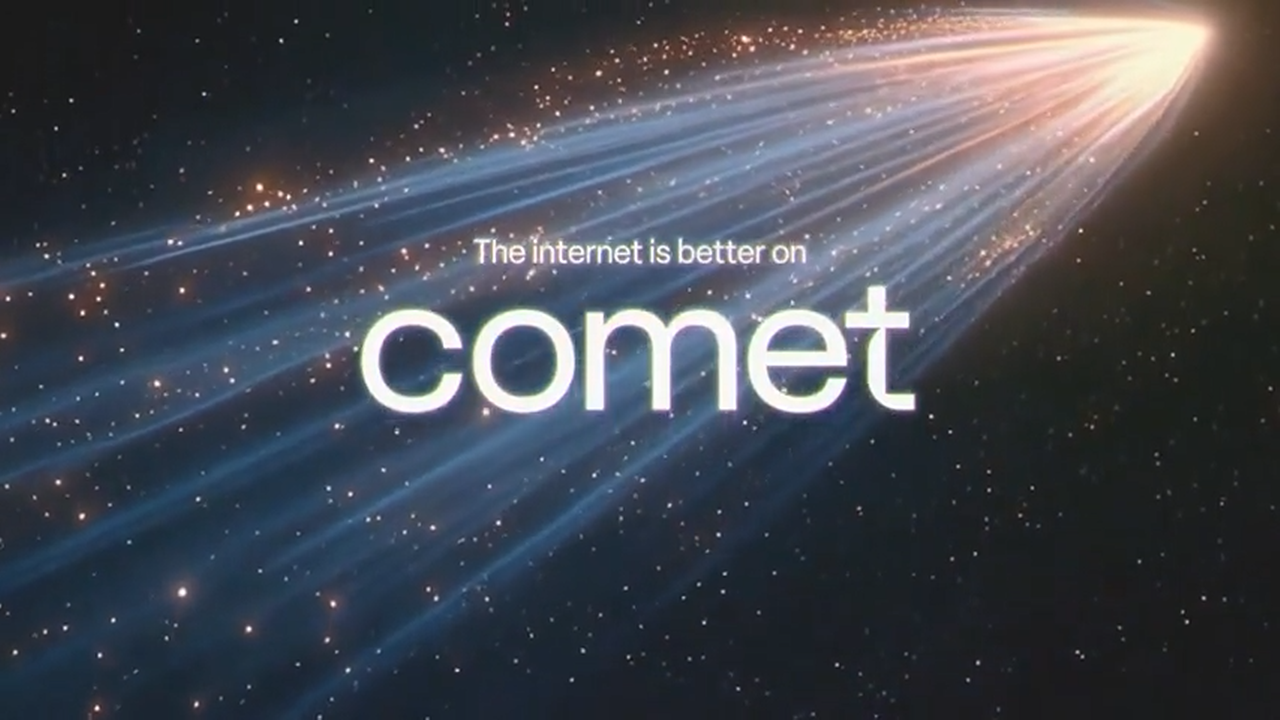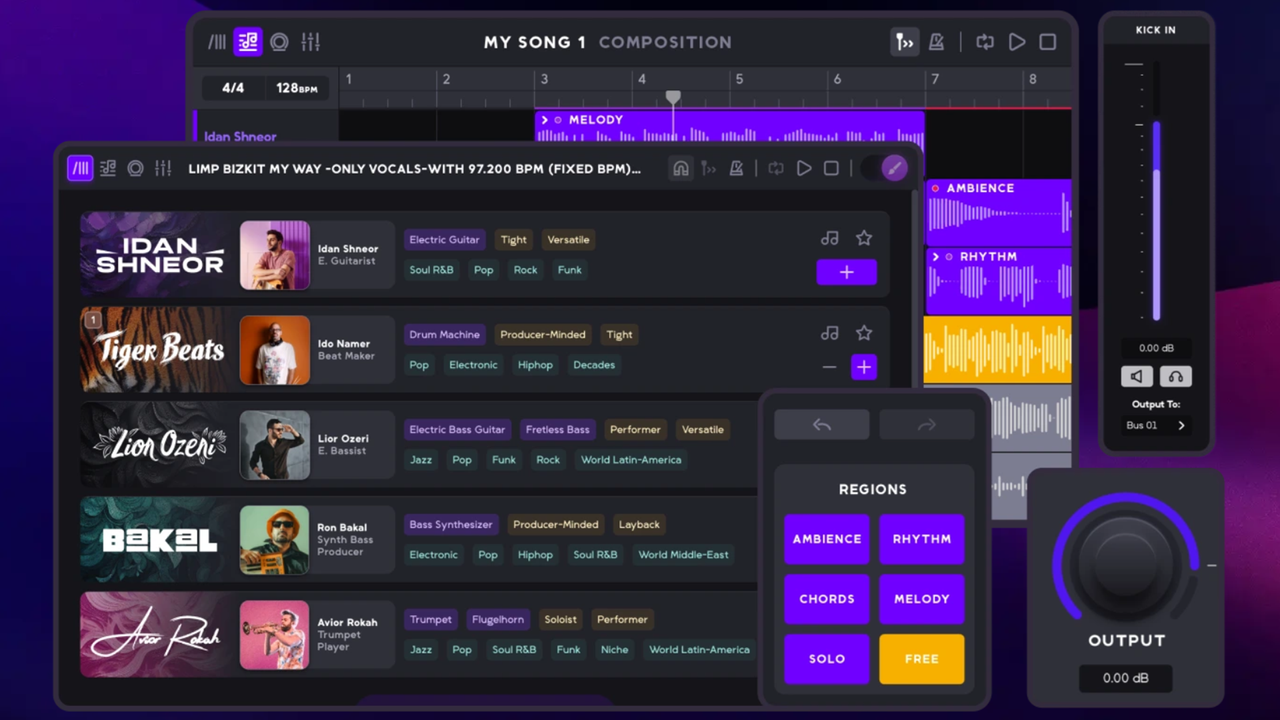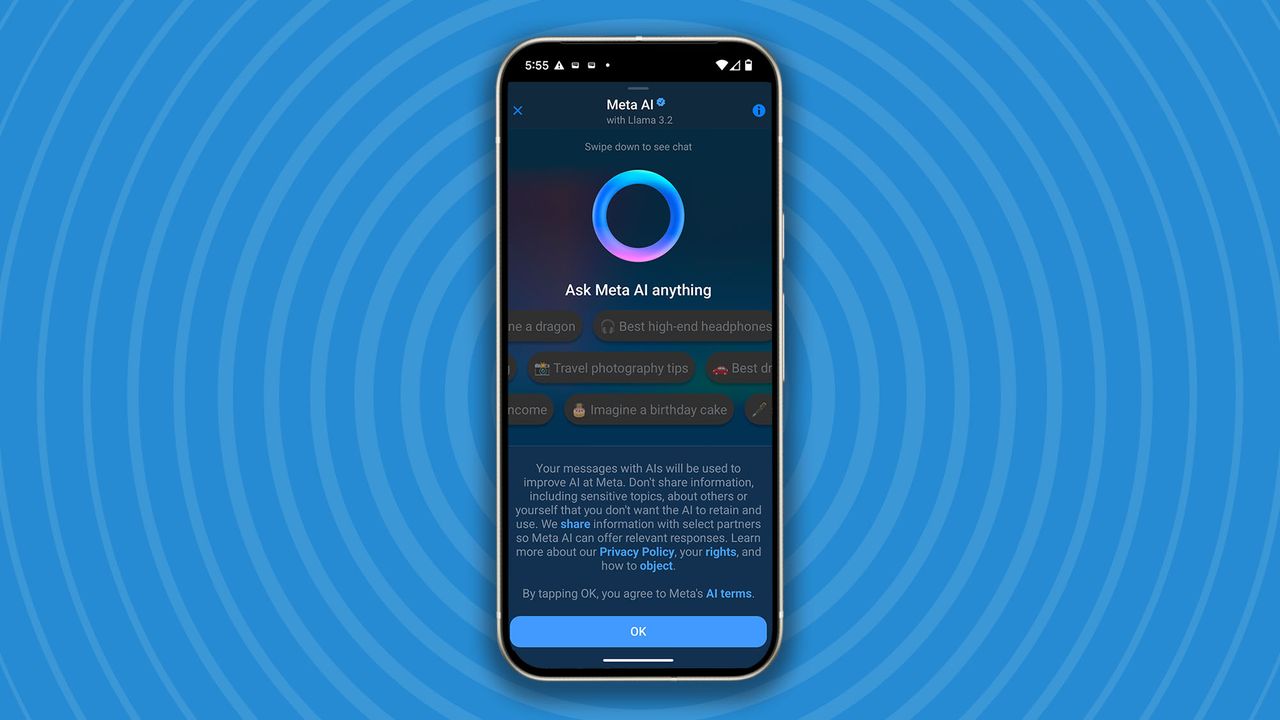
Perplexity Makes Comet AI Browser Free Worldwide
Perplexity has announced that its AI‑powered Comet browser is now free for all users, ending the previous $200 a month subscription barrier. Built on Chromium, Comet embeds Perplexity’s conversational AI directly into the browsing experience, offering a side‑panel assistant that can summarize text, generate shopping lists, and interact with personal data such as email and calendar with permission. While core features are free, advanced tools remain behind Comet Plus and Max subscription tiers. The move aims to capture more browsing time and compete with AI integrations from Google, Microsoft, and emerging rivals.










